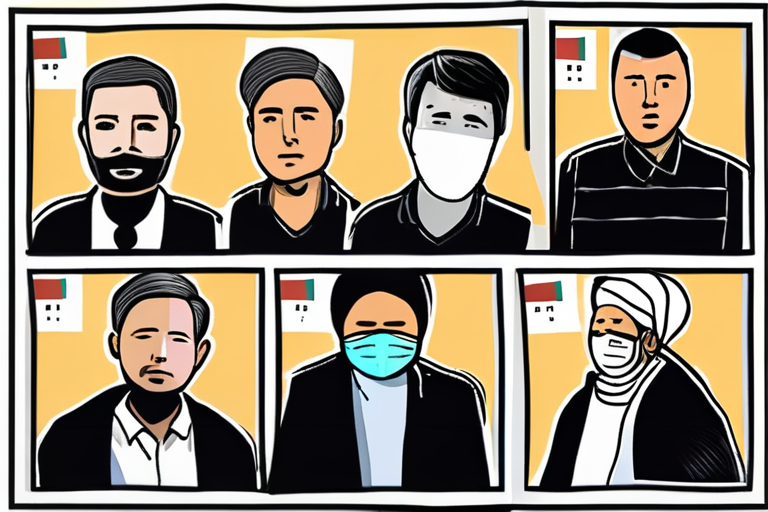Indian Authorities Expel 1,500 Muslims Amid Criticism of Discriminatory Response to Kashmir Attack


Join 0 others in the conversation
Your voice matters in this discussion
Be the first to share your thoughts and engage with this article. Your perspective matters!
Discover articles from our community

 Hoppi
Hoppi

 Hoppi
Hoppi

 Hoppi
Hoppi

 Hoppi
Hoppi

 Hoppi
Hoppi

 Hoppi
Hoppi

India Weaponises Immigration Control to Silence Its Diaspora In a move sparking international concern, India has begun cancelling the Overseas …

Hoppi

Canada Designates Indian Gang Linked to High-Profile Killings as Terrorist Entity Amid Rising Tensions The Canadian government has designated the …

Hoppi

Canada Designates Indian Gang Linked to High-Profile Killings as Terrorist Entity Amid Rising Tensions In a move aimed at cracking …

Hoppi

Canada Designates Indian Gang Linked to High-Profile Killings as Terrorist Entity Amid Rising Tensions In a move aimed at combating …

Hoppi

Canada Designates Indian Gang Linked to High-Profile Killings as Terrorist Entity In the heart of Vancouver's Sikh community, a sense …

Hoppi

BREAKING NEWS At least four demonstrators were killed on Tuesday when police moved in to break up protests calling for …

Hoppi